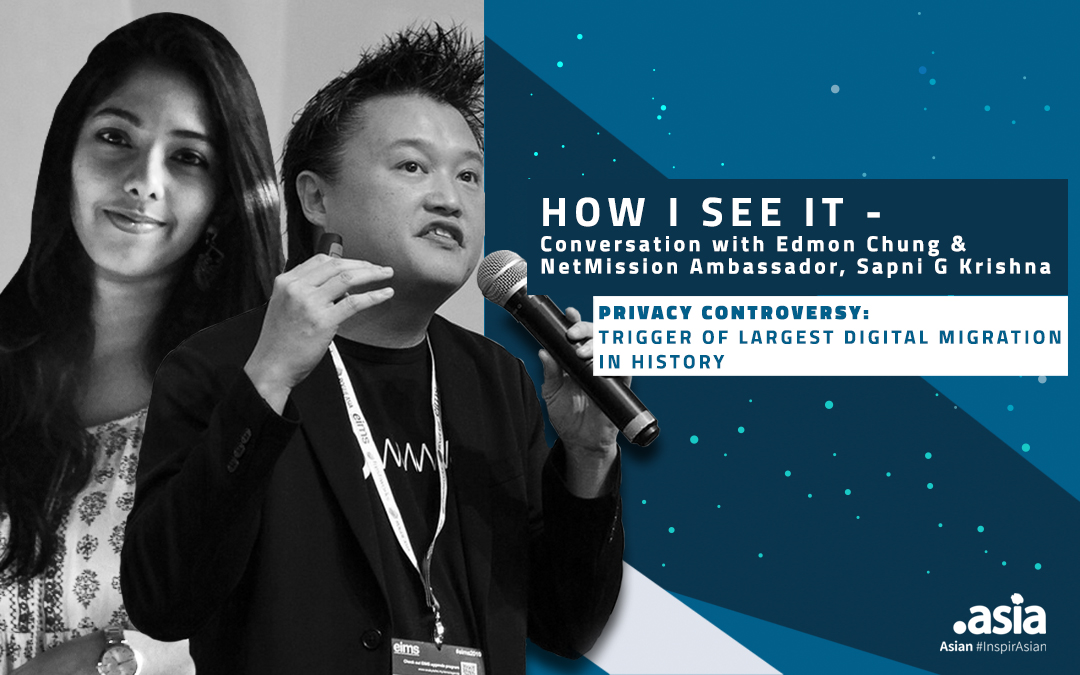Kaizen is a business philosophy popularized in Japan in the 1950s. Its methodologies have become a global management guide that enthuses Startups and Multinational conglomerates alike. What’s more, the Kaizen tactics are so versatile it can also be used in personal development.
What is Kaizen
The two character Kanji – 改(Kai)善(zen), the same in writing and meaning in both Japanese and Chinese, literally translate to ‘modify / improve’ 改 and ‘good’ 善. Kaizen embodies a way of thinking that focuses on achieving continuous and small improvements.
How to apply Kaizen in business and in life
According to the Kaizen way, there are 5 steps that are important for continuous improvement:
- Identify challenges in the existing process
- Prioritize challenges with main target in mind and set measurable Kaizen goals
- Identify and finely breakdown tasks to small steps, that are necessary to achieve these goals
- Implement and evaluate new process through out the Kaizen methodology
- Once proven effective, establish new process in everyday practice
Compared with the practice of goal setting (think New Year Resolutions), often associated with a Western origin, the Asian Kaizen philosophy emphasizes on the process, and establishing effective systems to achieve one’s goals.
Whether you are a business aiming to attain a 20% gain in revenue or an individual striving to realize your Olympic dream, the Kaizen system empowers you to find better ways to do things. If something is not working, stop and re-assess, how can you use Kaizen methods for a better outcome?
Learn more about the Kaizen philosophy from other .Asia websites
Show http://jobandwork.asia
Show: http://www.geconsult.asia
This.Is.Asia Newsletter Issues

AAPI Heritage Month: Interview with Mou Mukherjee
In some ways, I abandoned my culture when I was young because I was trying so hard to fit in. My parents were, and still is very cultural. Growing up, there was always Indian music playing, our house was full of Bengali literature, my Dad’s hero was poet Rabindranath Tagore, and he also loved the films of Satyajit Ray. I was surrounded by culture and yet I couldn’t fully embrace it at the time.

AAPI Heritage Month: Interview with Zhou Fang
I am an immigrant from Guilin, China. In 2010, I moved to the U.S. for grad school. After graduating from Kansas State University (Go Cats!) I moved to Oregon and have been living in Portland for the last 9 years.

Mid-Autumn Festival 中秋节快乐
中秋节与春节丶清明节丶端午节并称为中国四大传统节日。受中华文化的影响,中秋节也是东亚和东南亚一些国家尤其是当地的华人华侨的传统节日。 中秋节,农历八月十五,又称仲秋节丶拜月节丶女儿节或团圆节,是中国的传统文化节日,因其恰值三秋之半,故名中秋。中秋节始於唐朝初年,盛行於宋朝,至明清时,已成为与春节齐名的中国主要节日之一。 2006年5月20日,中国国务院在中央政府门户网上发出通知,批准文化部确定并公布中秋节例在第一批国家级非物质文化遗产名录。自2008年起中秋节被列为国家法定节假日。...

How I See It – Privacy Controversy: Trigger of largest digital migration in history
Technology giants, or Big Tech as they are called, have become intertwined extensively with our everyday lives. Early in 2021, Facebook decided to take a step ahead in monetising Whatsapp. This was to be enabled by the changes in the terms outlined in its updated privacy policy. One fine day, users woke up to the notification for the proposed changes in its Privacy Policy. This paved the way to an international conversation about privacy, and also triggered widespread adoption of alternatives to Whatsapp such as Signal and Telegram.






